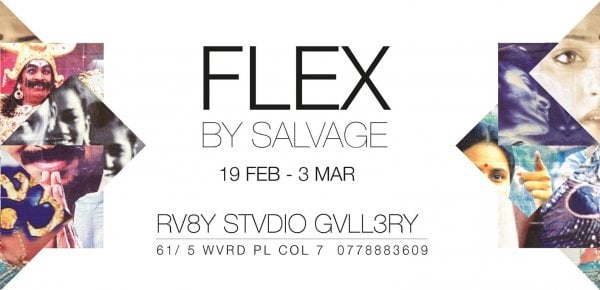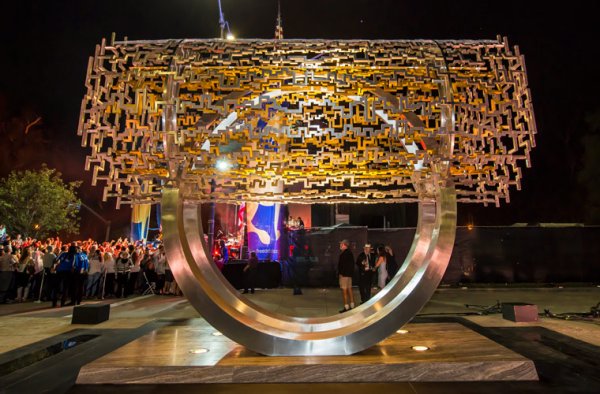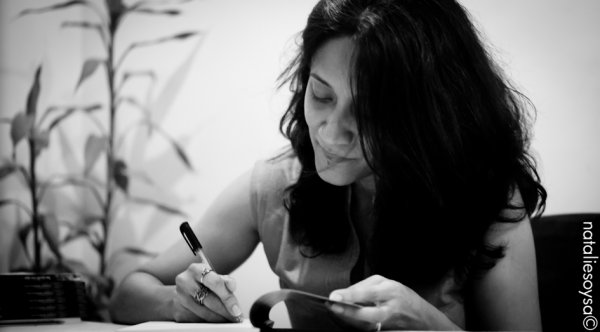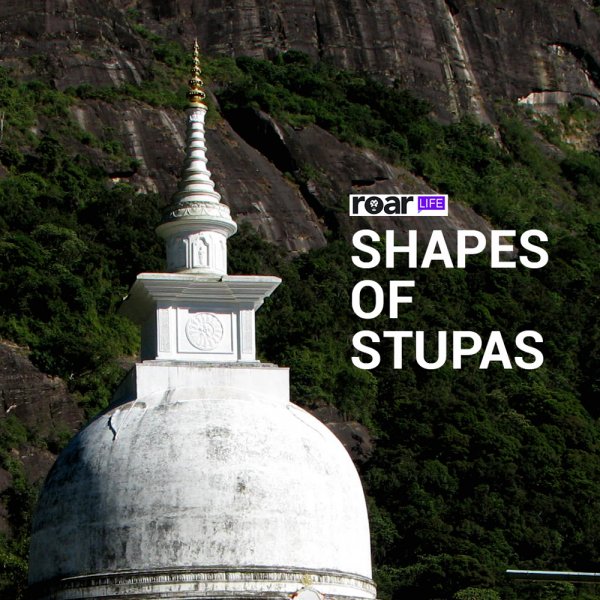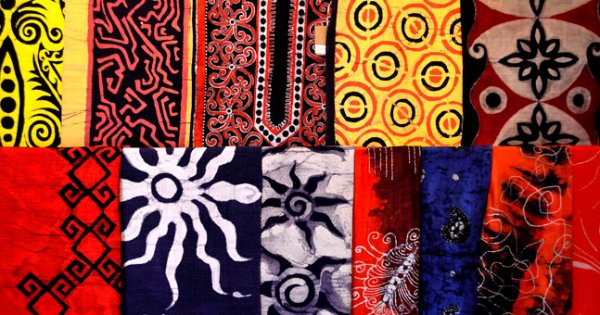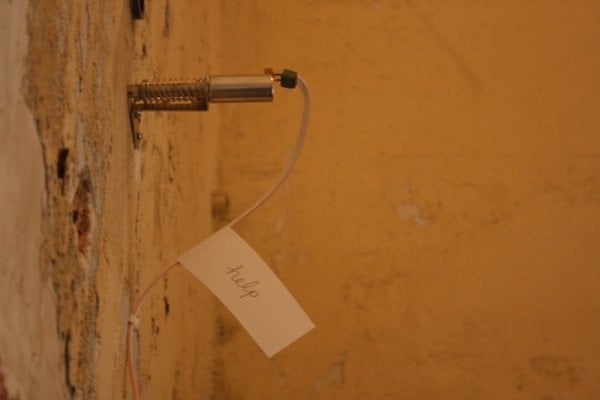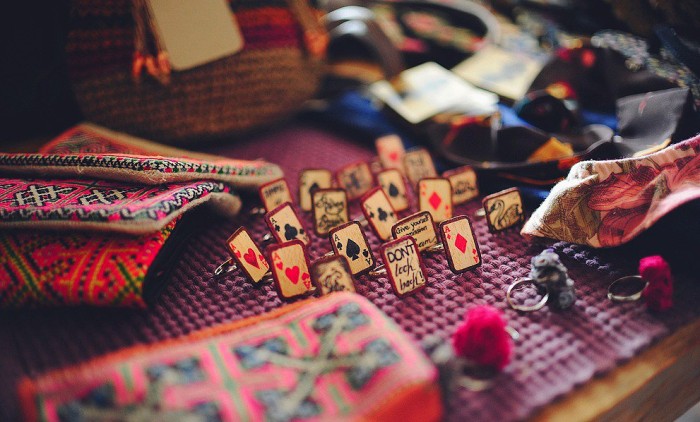
You’d be surprised at the amount of things you can buy -at no more than one-third of the price- from someone else to whom it may be quite useless.
The Colombo Flea Market is a space where people buy and sell secondhand stuff so that, by doing so, they reduce wastage. Items ranging from cloths, books, CDs, kitchen utensils, jewelry and accessories, electronic equipment and many other curios are laid out in a vibrant spread that reel in inquisitive wanderers. When it comes to any consumer product, the idea is to reduce waste and by purchasing an item that is up-cycled or recycled, so you don’t allow it to go to waste. What’s more? It’s half the price or less.
Organised by the Sustainability Hub Sri Lanka, not only is the Colombo Flea Market a secondhand exchange event, it also promotes small businesses that thrive off up-cycling and reusing items that would have otherwise been thrown out. Some of the stallholders featured at the market previously were Manga’s (done by Mangala who makes crafty accessories out of papier-mâché), Rice and Carry (where handy bags are made out of gani bags used for packing rice), Amuthu designs (which sold bags and other accessories out of denim material) and House of Lonali (run by Lonali herself, who designs funky up-cycled cloths). There were many other stallholders who, although not appearing under any brand name, displayed items that they had made out of scrap such as metal, cloth, paper, wood, glass and practically anything that can be ‘upped’ into something fresh. In the past, organisations like Neptune Recycles and Think Green also took part in facilitating boxes to drop off e-waste, cardboard and polythene.
What strikes us as a bold move from the Sustainability Hub, was that the entire market did not emit polythene bags. This meant that consumers had to resort to cloth bags or polythene bags they had bought from home to carry their purchases, as none of the stalls were allowed to give away new polythene. In a country where polythene is handed out with every small purchase, and piling up in our backyards and the municipal council, it says quite a lot.
Soon after their 3rd flea market Sabine Samarawickrema, of the Sustainability Hub, spoke to us about their approach to waste management through the flea market.
‘More people are aware of the concept behind Colombo Flea Market since its first installment back in 2014. We want to raise awareness, educate and bring people together to exchange and network to increase sustainable impact,’ says Sabine on their approach to the idea.
The Hub was created in 2013 to dwell in areas of sustainable consumer behavior, waste management, environment conduct and overall sustainable living. Its members want to inspire and promote people in all areas, starting from Colombo, to think about reducing negative impact on the environment.
The market is only one branch of their activities. They have a monthly get together or a ‘hub talk’ where they exchange ideas on latest concerns and get insights from experts in the field. Seasonal excursions are set up to visit places that are good examples of sustainability, and they also want to have training sessions on specific environment-related topics in the future. Through projects like this, they encourage people to be passionate about the planet.
The next Colombo Flea Market is happening on Sunday, the 11th of October, so head down to the J. R Jaywardene Hall to learn more and pick up a few upcycled treasures.

 Jewellery priced at Rs. 100 per piece at the previous Colombo Flea Market
Jewellery priced at Rs. 100 per piece at the previous Colombo Flea Market
